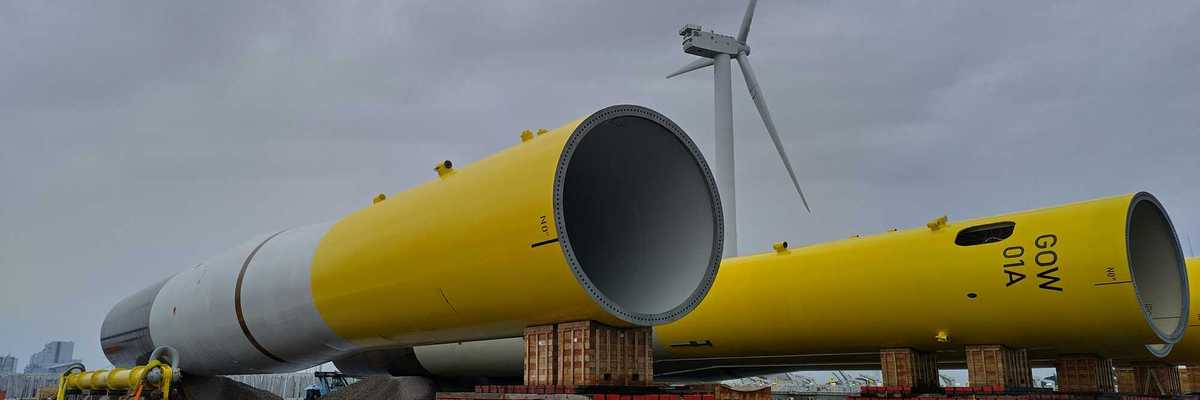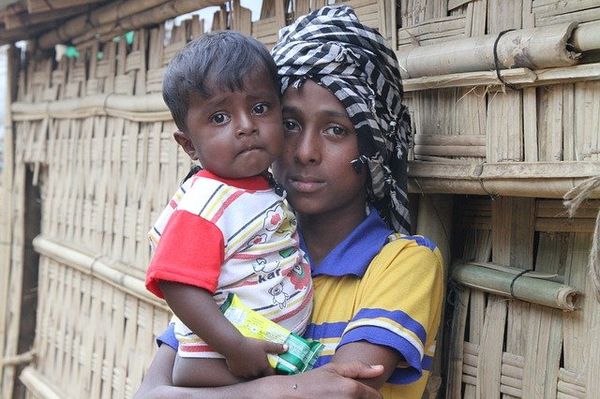indigenous peoples and conservation
Impact of climate change on Indigenous communities documented in global study
Indigenous and local communities' firsthand experiences with climate change are vividly detailed in a new extensive study.
In short:
- The study gathers over 1,600 firsthand reports from Indigenous peoples across various climates, highlighting significant impacts on their ecosystems.
- It documents 369 local indicators of climate change impacts, emphasizing the nuanced, local experiences often overlooked by traditional measures.
- Researchers advocate for integrating local knowledge into climate research and policies to enhance adaptation strategies.
Key quote:
“There is the idea existing in the scientific community that local knowledge is not a valid source of knowledge, and the study aims to bridge this gap.”
— Victoria Reyes-García, research professor, Institute of Environmental Science and Technology, Universitat Autònoma de Barcelona
Why this matters:
Indigenous communities, having lived in close connection to their environments over centuries, possess deep-rooted understanding and observations of local ecosystems, weather patterns, and natural resource management. This traditional ecological knowledge can provide crucial insights that are often absent in scientific data.
Be sure to read: Colonialism, the climate crisis, and the need to center Indigenous voices.
Cultural heritage is an essential resource for climate change science, reports say
Four reports by the International Co-Sponsored Meeting on Culture, Heritage and Climate Change highlight that human cultural heritage has a wealth of knowledge to contribute to grapple with climate change.
‘We go in and take Indigenous lands back from cattle ranchers’: Q&A with activist Pablo Sibar
Costa Rican Indigenous leader Pablo Sibar Sibar talks to Mongabay about the Indigenous land recovery movement and the plethora of death threats he’s received for his work.
Brazil’s new environmental future under Lula: Q&A with Marina Silva
Considered for Brazil’s Ministry of the Environment, environmentalist Marina Silva says in an interview with Mongabay that the election of Luiz Inácio Lula da Silva means a new cycle of prosperity for the country.
Podcast: Indigenous, ingenious and sustainable aquaculture from the distant past to today
Traditional knowledge guides protection of planetary health in Finland
Guyana: The school where indigenous youth learn about their land
The Youth Learning Centre is not your average school. Surrounded by savanna, rainforest and mountains, classes focus on agriculture, natural resource management, forestry and indigenous language.










